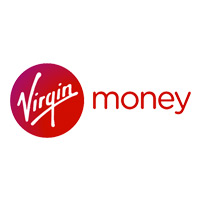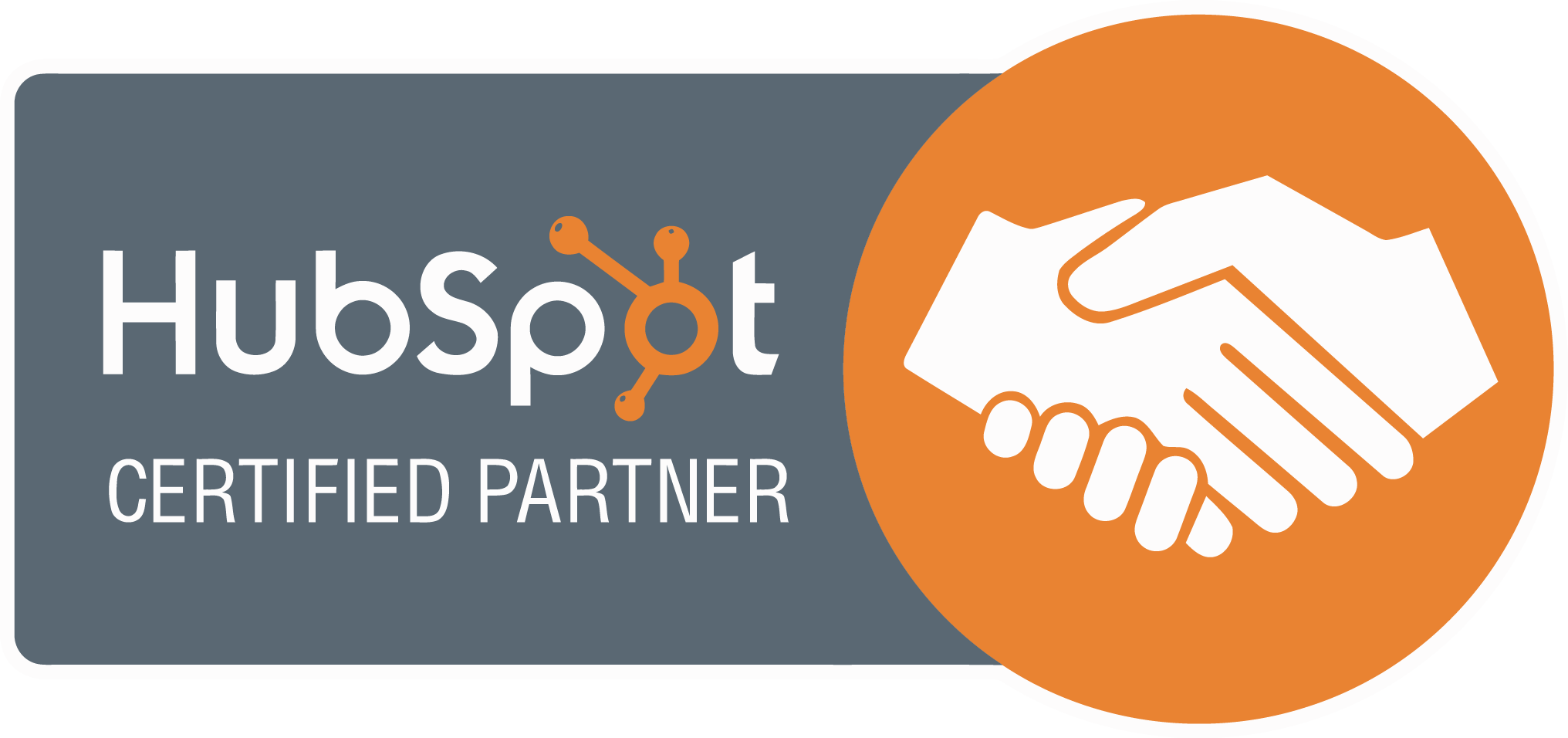One of the most difficult things about SEO is link building. This is the one piece of content you can’t create by yourself. And yet, links are one of the most important things in SEO. After all, links to nearby businesses and authorities show that you are real and someone who can be trusted. But links are hard to come by. You could email 100 local businesses and just get 2 or 3 links back. So, how can you get those precious local links more easily? Let’s take a look at good local link-building opportunities.
What is a local link?
First of all, let’s clarify what local links are. Like standard links, local links are simply links to other relevant websites. These websites may be similar to yours or may lend your site more authority. A local link, however, is specifically, as the name suggests, a link to a relevant business or resource in your local area.
Do I need lots of local links?
With traditional link building, the more, the better, as long as they are of good quality. But with local link building, you actually don’t need that many links to rank well for local search. Type a local query into your favourite keyword tool – “boutiques manly”, for example. You’ll notice that most of the businesses that end up on the first page have far less than 150 referring domains!
So, how do I build local links?
Now that you know how important local link building is, let’s take a look at some ways you can build them.
Look at other local ranking sites
One of the best ways to get good local links is to search for some of your relevant terms and get yourself on the resulting sites. Your competitors probably won’t want to link to you. But under the map, you should get search results for directory-like or aggregator sites that list all such companies in your local area.
If you haven’t already, signing up to these sites and getting your business listed on them is a great way for people to learn about you. It may be a slog to sign up for everyone, but being on some of these sites might even mean you end up in the local phonebook.
Salvage those lost links
The internet changes over time. Even if your business isn’t that old, we guarantee you definitely have at least one link that points to a page that no longer exists. But rather than getting rid of these links, there is a quick way to find them and replace them with the new versions. Simply use Ahrefs’ Site Explorer tool to sort your links and add the HTTP response filter, “404 not found”.
Steal your competitors’ local links
If you take a look at the site belonging to a business similar to yours, chances are you’ll notice link opportunities that would be appropriate for your own site. Many SEO tools have functionality allowing you to check for such link opportunities. Just type in your and your competitor’s sites’ names, and you’ll quickly see which highly relevant links you can capitalise on.
The resulting links should be pretty relevant to your sector, but you may also come across directory-like links. These links are called local citations. Local citations feature business data like your name, phone number, and address.
Produce relevant content for your area
Local content creation may not attract a lot of links, but it can definitely help you establish a presence in your local area. Local content creation is when you search for topics relevant to your local audience before planning, producing, and publishing those relevant blog posts or videos.
If you run a boutique, you might produce content about events in your local area, whether a fair, concert, festival or religious event. With your local area knowledge, you could write an article like “What should I wear this winter in Manly?” or “Quintessential jazz festival wear”. Again, you may not get many links this way, but your town or city will love relevant local content.
Acquire local citations
We looked at a few of these opportunities earlier. Besides the sites that rank in your market, industry, or area, bigger ones like Google My Business, Facebook, Bing, or Apple Maps can also make lucrative options. Then there are the old favourites like Yellowpages, Yelp, TomTom, Dunn & Bradstreet, and similar local sites. Getting local citations from these big players can really put your business on the map.
Claim your unlinked mentions
Ever come across a news site or Facebook page mentioning your brand or business, perhaps telling prospective customers where they can find you and what you do, but not linking back to your site? While a loyal customer may have mentioned your website in the comments if you’re lucky, there are also SEO tools like Screaming Frog out there to help you track down any unlinked mentions. Searching for your business or brand in Google News may also help you discover unlinked mentions. Or just keep an eye on those local news sites, and email them to ask them to update their article if unlinked mentions occur.
Look for other local link opportunities
When you think about it, there are loads of prospective local link opportunities you could come up with. Universities or colleges could link to your business in job postings or recommendations, while city-specific directories and sites are other great options. Then there are local news websites, online magazines, and podcasts, perfect for a deep dive into your business before getting those links in. Having said this, don’t overlook local community groups on Facebook, Reddit, or even Nextdoor’s growing fanbase.
If none of these opportunities cut it for you, why not think about your existing relationships? Your suppliers probably have a great site, while business groups and happy customers would be all too happy to provide you with a glowing, link-rich testimonial.








